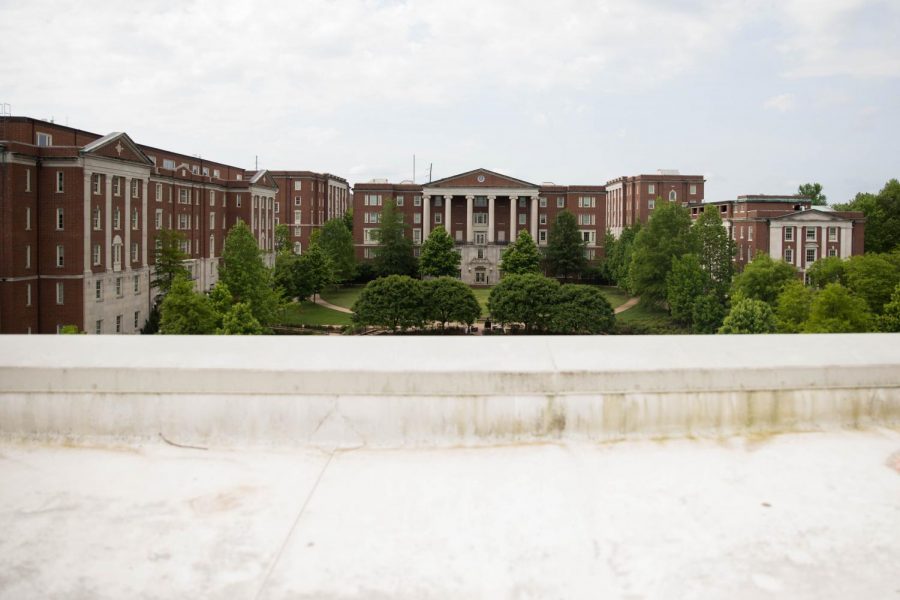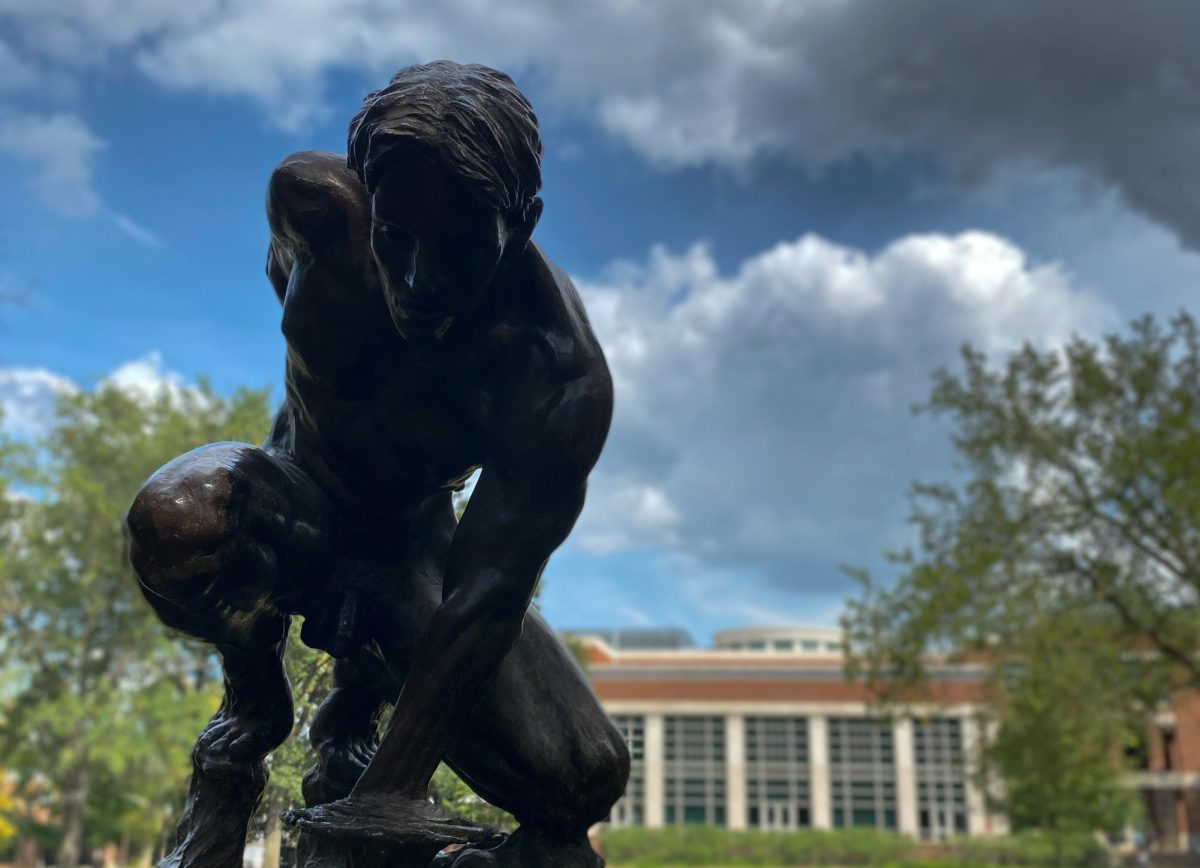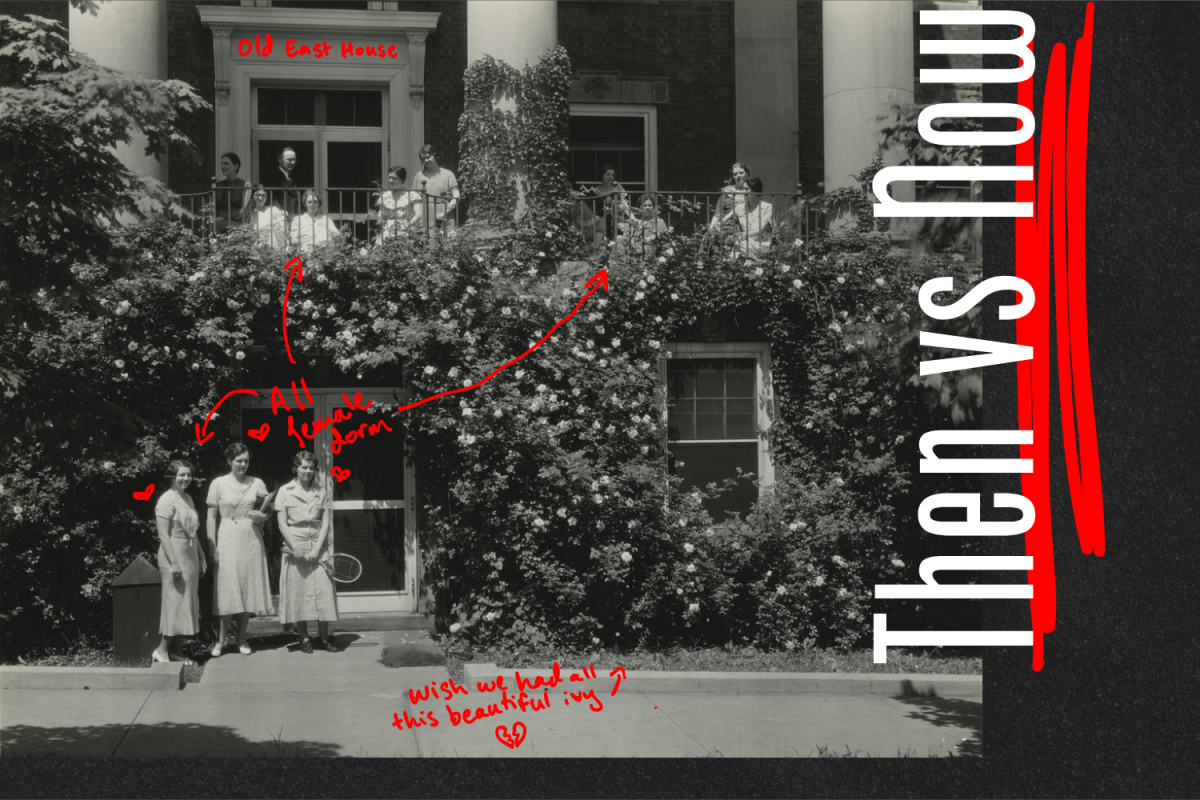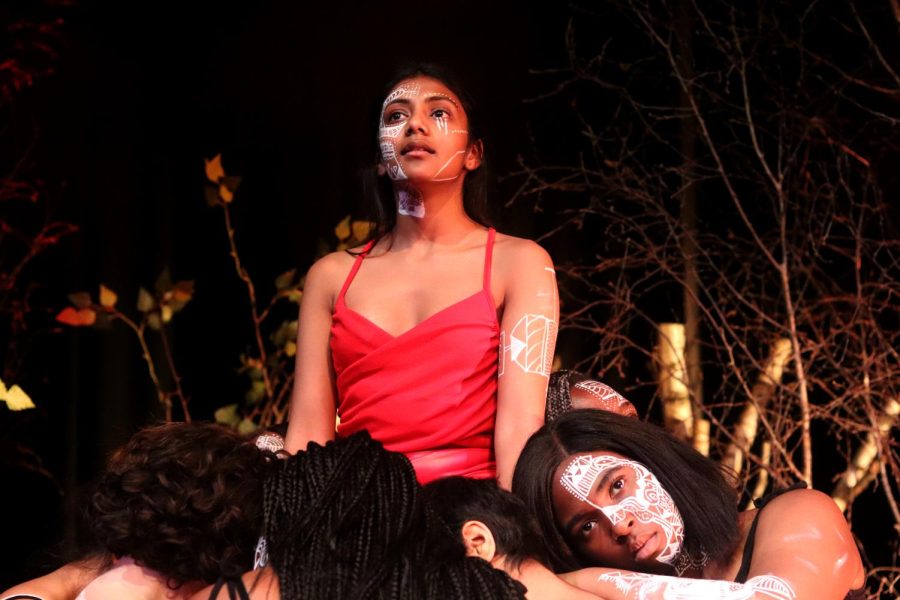The Center for Latin American Studies is holding its third annual Latin American Film Festival this fall on Commons, with the theme “Bodies in Motion.” The festival, organized by Center for Latin American Studies professor Chalene Helmuth and Assistant Director Nicolette Kostiw, began in Sept. and will end in Nov. with a total of four movie showings.
The festival began in an effort to drum up interest in Vanderbilt’s Center for Latin American Studies in an engaging and informal format, Kostiw said. Helmuth and Kostiw saw film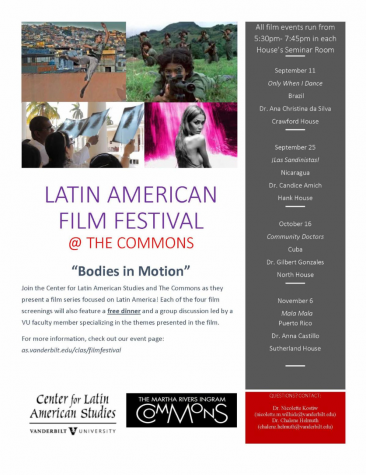 as the best way to communicate compelling stories about Latin America to groups of students who might not know much about the region.
as the best way to communicate compelling stories about Latin America to groups of students who might not know much about the region.
Each of the four films focuses on a single Latin American country and is accompanied by a post-film discussion facilitated by an expert on the film’s subject matter. To incorporate the theme “Bodies in Motion,” each movie focuses on bodies – whether it is bodies dancing, bodies in protest, bodies transitioning or the body itself.
The first screening, Brazil’s “Only When I Dance,” took place on Sept. 11
in Crawford House with Professor Ana Christina da Silva. The film centered on Brazilian dancers using classical dance as a way to escape poverty. The second film “¡Las Sandinistas!” was shown on Sept. 25 and told the story of Nicaraguan female guerilla fighters during the 1979 Sandinista Revolution, followed by a discussion led by English Professor Candice Amich.
The Sept. 25 screening brought together about ten Vanderbilt students from both undergraduate and graduate schools. While some attendees were well-versed in the film’s topics, others had never heard of the Sandinista Revolution, according to Kostiw. One of those students was first-year William Gormley, who is in Kostiw’s Introduction to Latin America class.
“I enjoyed the film because it was a pretty intriguing subject matter that was told in a compelling manner,” Gormley said. “Going into the film, I knew very little about the revolution in Nicaragua and the Sandinistas, so hearing about the conflict, especially from a different perspective, was very rewarding. I think the most valuable thing I learned was understanding the revolution from a point of view that wasn’t American.”
Although open to everyone, the films are shown on Commons to engage first-year students with Latin American subjects. Kostiw and Helmuth encourage students of all levels of experience with Latin America to come to the screenings and listen to Latin American stories.
“Helmuth and I try to make the screenings as casual, enjoyable and accessible as possible,” Kostiw said. “We want to get the word out that this is something available to students, and that the Center for Latin American Studies is here, because people often don’t know about us. In essence, we want to communicate that this is for anybody and everybody.”
The next film “Community Doctors” centers on Cuba’s medical scholarship program for U.S. students and will be shown in North House on Oct. 16 followed by a discussion guided by Assistant Professor of Health Policy Gilbert Gonzales. The final film “Mala Mala” tells the story of nine trans-identifying individuals in Puerto Rico and will play on Nov. 6 in Sutherland House with Spanish Professor Anna Castillo.

